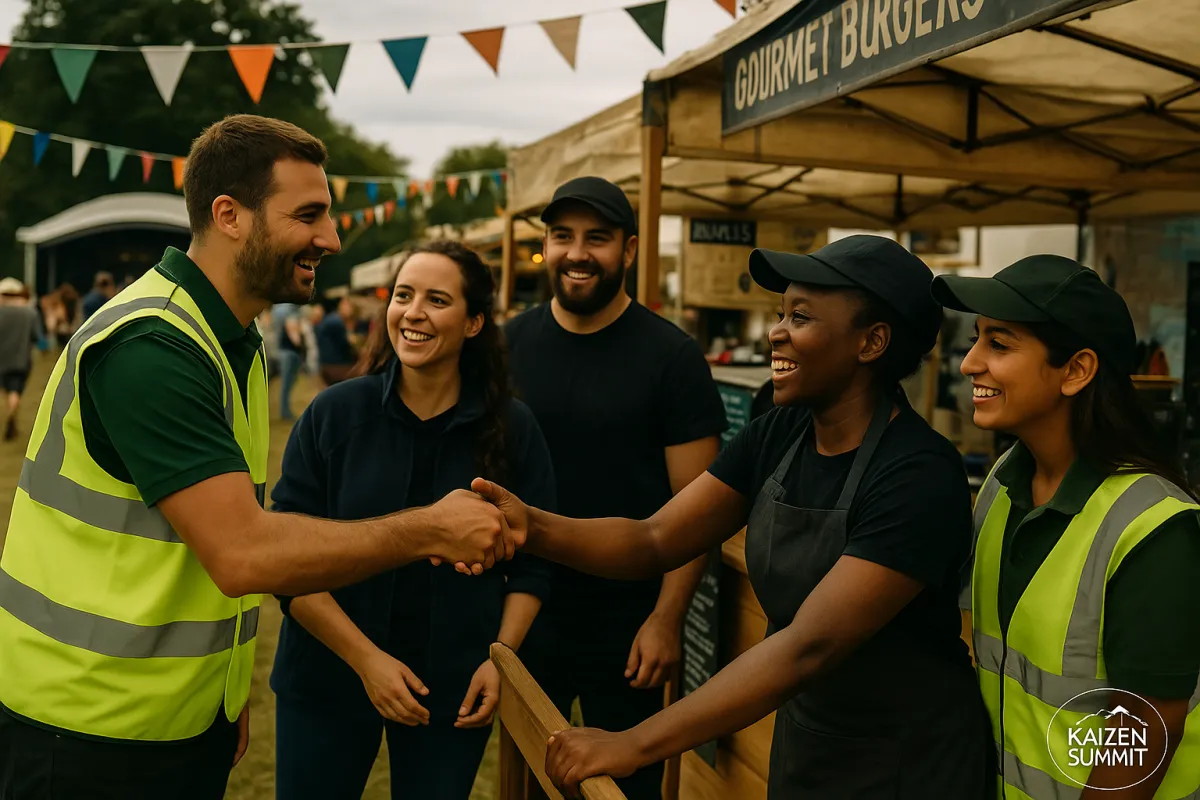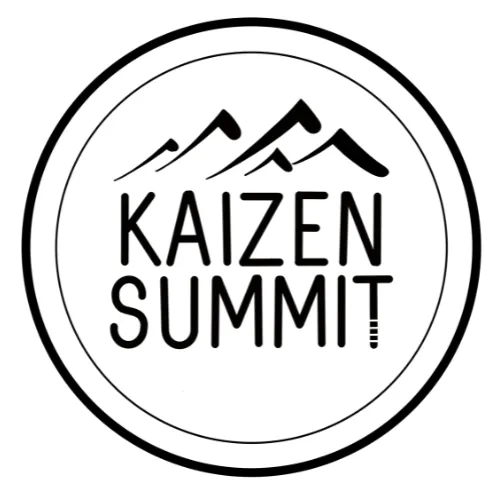
Beyond the Contract
Beyond the Contract
How to Develop Agency Relationships That Actually Work
In leadership, it’s easy to treat external partners as temporary problem-solvers. We set tasks, expect delivery, and move on. But the most effective leaders recognise that even contracted relationships—whether with a marketing agency, a cleaner, or a consultant—are still human relationships. And strong relationships, in every form, are a force multiplier.
Agency Relationships Are Still Relationships
At Kaizen Summit, we teach that every challenge is a leadership challenge. That includes how you work with third-party providers. You don’t need a full-time team for every function, but if someone is supporting your mission, they’re on your team—even if it’s just for a while.
Too often, agency relationships are seen as transactional. But if you’re only managing outputs and timelines, you’re missing an opportunity. Like any successful team, shared goals, trust, and communication matter. People will always do better work when they understand the mission—and when they feel understood in return.
Set the Foundation: Clear Intent and Shared Objectives
To build a high-functioning agency relationship, start by aligning on intent. What does success look like—not just for the project, but for your organisation as a whole?
Make sure your external partners understand more than the task. Help them understand the bigger picture. If they know why it matters, they’ll be better equipped to deliver what really moves the needle.
Clarity is a key pillar of Structured Guidance. Don’t assume people ‘just get it.’ Be clear. Be direct. And make time to revisit goals and priorities as they evolve.
Build Connection, Not Control
You’re not aiming to control your agency—you’re aiming to empower them. Decentralised Command, one of the Four Laws of Combat we draw upon, reminds us that people closest to the action often have the best information. Trust them to do their job well, and give them space to make decisions within a clear framework.
The same applies here. When you treat agencies as part of the team—not as outsiders—you create buy-in, mutual respect, and improved outcomes. This is how you shift from transactional to transformational relationships.
Don’t Fake It—People Can Tell
If your only reason for being polite or checking in is to extract more value, you’re undermining trust before it can build. At Kaizen Summit, we are grounded in authenticity. You either care about building a relationship or you don’t. Pretending to care for strategic gain is easy to spot—and it backfires.
Agency relationships thrive when both sides operate from mutual respect. When expectations are shared, communication is open, and support goes both ways, results follow. This isn’t about being ‘nice’ for the sake of it. It’s about operating with integrity and discipline over the long term.
Relationship-Building is a Skill
Like any leadership skill, developing strong agency relationships requires practice. You need to be intentional. You need to reflect on what’s working—and what’s not. And you need to commit to improving it over time.
That’s why Community Connection is one of our Kaizen Pillars of Performance. Because results don’t come from talent alone—they come from strong relationships, built on trust, mutual effort, and shared purpose.
A Call to Reflect
Look at the agency relationships in your life. Are they operating at the level you need them to? Are you treating those people like temporary vendors, or like trusted contributors to your mission?
Ask yourself: Have I clearly communicated my intent? Have I taken the time to understand theirs?
True performance doesn’t happen in isolation. Build the relationship. Support the mission. And lead from the front—even when the contract says they work for you.
At Kaizen Summit, we teach leaders to take ownership of every relationship—internal or external. Because when you lead with clarity and discipline, the results follow.
Every relationship is a leadership opportunity. Use it.
